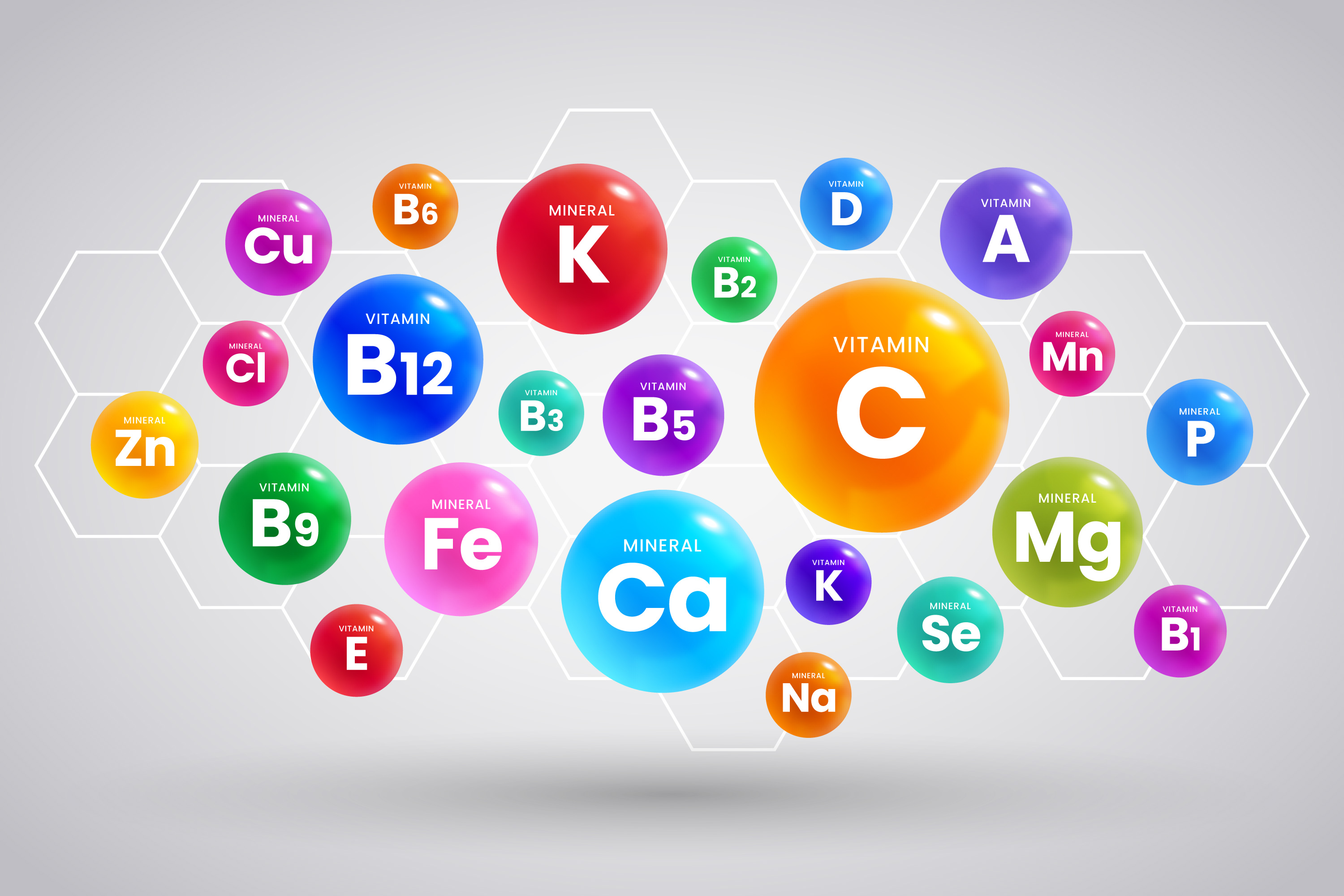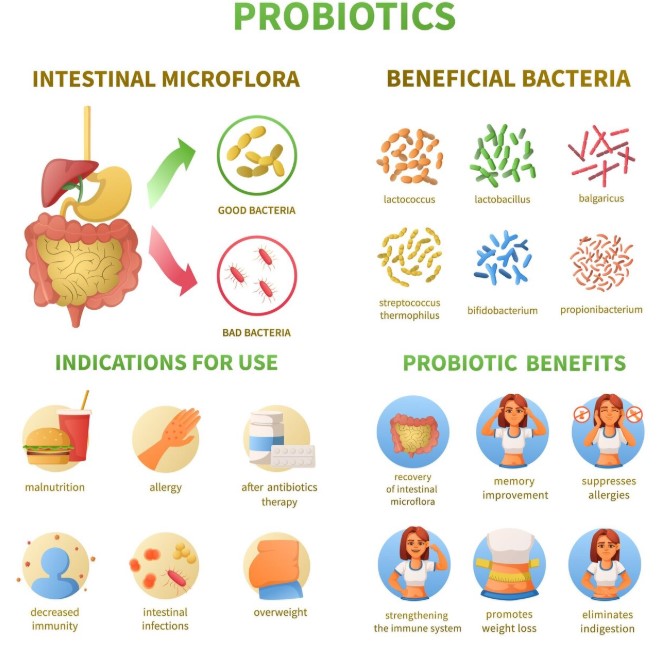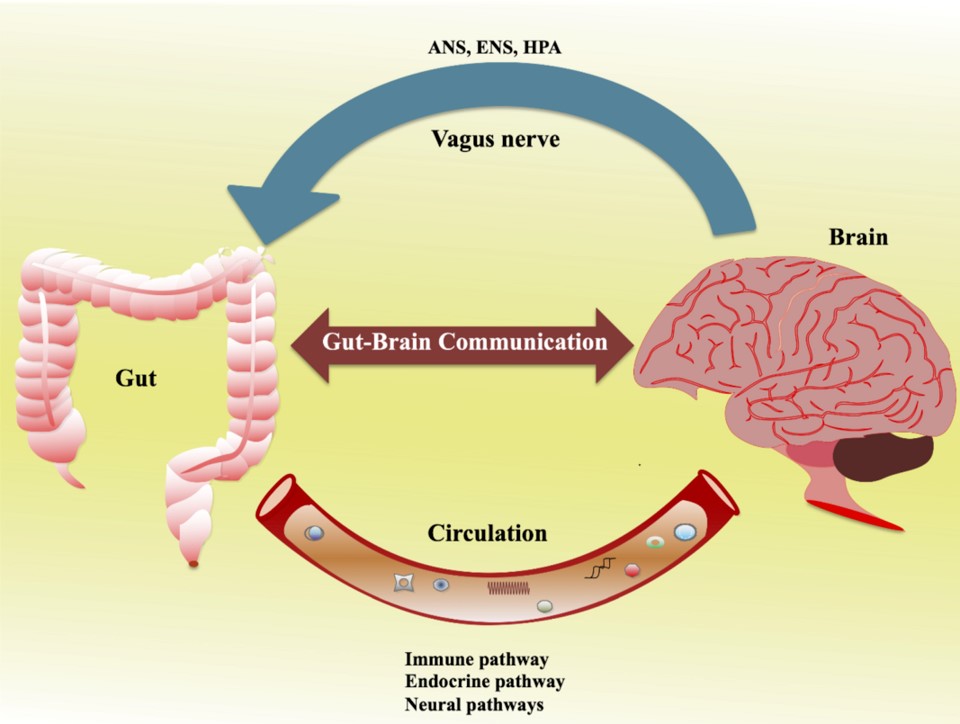Fueling brainpower: how vitamins & minerals shape your child’s mind and mood

Introduction
Vitamins and minerals are the building blocks of your child’s brain. If even one is missing, you might see the effects in learning or behavior. Take iron: it’s crucial for delivering oxygen to the brain and for making dopamine (a neurotransmitter for focus and motivation). Iron deficiency causes abnormal dopamine function and has been linked to attention problems like ADHD. Low iron in kids can show up as poor concentration, fatigue, and irritability. Zinc and Magnesium are also big players. They help regulate neurotransmitters and protect neurons. Research finds that children with ADHD often have lower zinc and magnesium levels than peers, and those deficiencies may contribute to hyperactivity or anxiety. In fact, one review noted that lacking iron, zinc, or magnesium can lead to cognitive delays and more behavioral challenges in children.
The B-vitamin family (B₆, B₁₂, folate, etc.) supports brain development at the most basic level – helping form new brain cells and synthesize serotonin, the “happy hormone.” A severe deficiency of B₁₂ in early life can cause developmental regression. And while severe deficits are rare in developed countries, even moderate shortages can subtly hinder a child’s memory and mood. Vitamin D, the sunshine vitamin, is another must-have. It aids brain growth and mood regulation. Scientists have found that babies born with low vitamin D (often due to maternal deficiency) have a higher risk of later neurodevelopmental disorders like autism and ADHD. Low vitamin D levels in older kids and teens have also been linked to more depressive symptoms.
The good news: ensuring your child gets these nutrients can boost their brainpower. Studies show that addressing deficiencies (for example, giving an iron supplement to an iron-deficient child) improves cognitive performance, behavior, and even sleep. In one study, malnourished kids who received multivitamins showed better attention and IQ gains compared to those who didn’t. The bottom line? Nutrition is brain fuel. A balanced diet with plenty of colorful fruits and veggies, proteins, whole grains, and dairy provides a spectrum of vitamins and minerals. Think of each meal or snack as feeding your child’s mind. By keeping their nutrient tank full, you’re setting the stage for sharper thinking, steadier moods, and overall healthy development.
Recommendations
- Colorful Plate: Aim for “eating the rainbow” every day. Different colored fruits and veggies carry different vitamins (orange sweet potatoes for vitamin A, green spinach for folate and iron, purple berries for antioxidants). A colorful plate helps cover the vitamin spectrum in a fun way.
- Iron-Rich Foods: Include iron sources regularly – lean red meat, chicken, fish, beans, tofu, and spinach are great options. Pair plant sources of iron (like spinach or beans) with a vitamin C-rich food (tomatoes, bell pepper, oranges) to boost absorption. For example, add tomato slices to a spinach omelet or serve citrus with a bean salad.
- Magnesium & Zinc Boosters: Nuts, seeds, whole grains, and legumes are packed with magnesium and zinc, which support memory and calmness. Snack ideas: a handful of almonds or trail mix (for magnesium) and pumpkin seeds (one of the highest zinc foods) roasted with a bit of salt. Even a little sprinkled on salads or cereal helps.
- Mind the Vitamin D: Have outdoor playtime (sunshine helps the body produce vitamin D) and include vitamin D-fortified foods (milk, fortified orange juice, cereal). If sun exposure or diet is limited, talk to your pediatrician – many children take a vitamin D supplement, especially in winter. Vitamin D is key for mood and immunity as well as bones.
- Regular Check-Ups: At your child’s annual check-up, discuss nutrition. If your child is extremely picky or has fatigue or developmental concerns, ask the doctor about testing for deficiencies (common ones are iron, vitamin D, or B₁₂ in certain diets). A simple blood test can reveal if they need a boost. Early correction of a deficiency can prevent learning problems down the road.
References
- Konofal et al., Arch. Pediatr. Adolesc. Med. (2004) – Iron deficiency affects dopamine and may contribute to ADHD. jamanetwork.com
- Azadbakht et al., Int. J. Prev. Med. (2015) – Children with ADHD have lower zinc/magnesium; these minerals are co-factors in brain function. journals.lww.com
- Anexas Clinic – Summary of nutrient deficiencies causing cognitive and behavioral issues. anexasclinic.com
- Xiang et al., Journal of Autism and Developmental Disorders (2018 meta-analysis) – Maternal vitamin D levels inversely related to autism/ADHD risk. sciencedirect.com
- Black, Nutrition and brain development (2008) – Undernutrition and iron deficiency clearly impair early brain development. onlinelibrary.wiley.com
Stay Up to Date
Join hundreds of families staying connected to the latest expert-backed insights on kids' and teens' mental health — from nutrition, lifestyle, and supplements to psychology, tech, and therapeutic tools.


.png)







.png)
.png)
